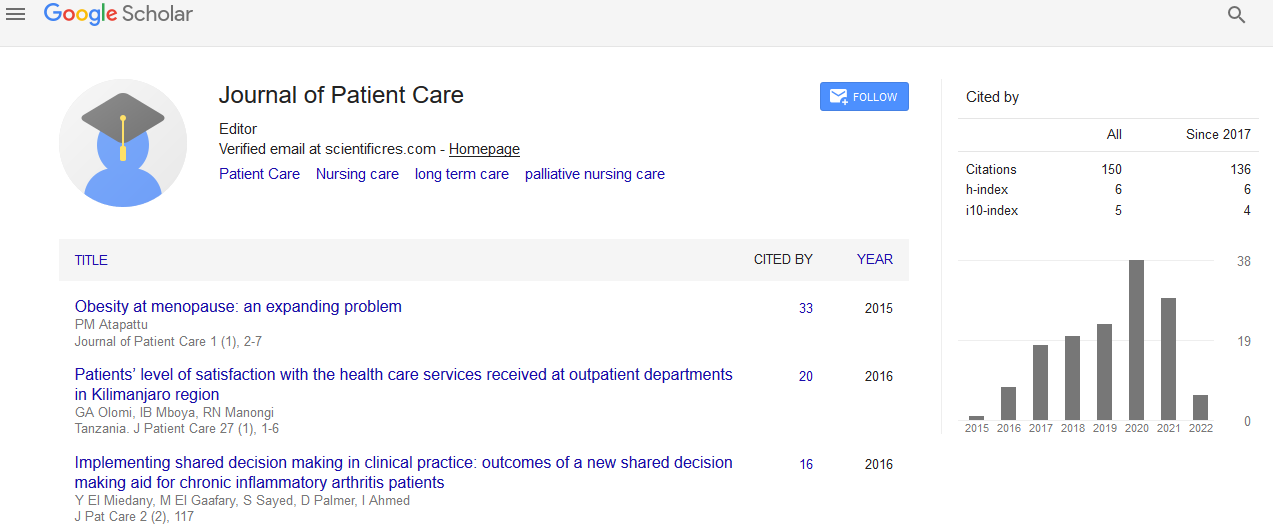Indexed In
- RefSeek
- Hamdard University
- EBSCO A-Z
- Publons
- Geneva Foundation for Medical Education and Research
- Euro Pub
- Google Scholar
Useful Links
Share This Page
Journal Flyer

Open Access Journals
- Agri and Aquaculture
- Biochemistry
- Bioinformatics & Systems Biology
- Business & Management
- Chemistry
- Clinical Sciences
- Engineering
- Food & Nutrition
- General Science
- Genetics & Molecular Biology
- Immunology & Microbiology
- Medical Sciences
- Neuroscience & Psychology
- Nursing & Health Care
- Pharmaceutical Sciences
Abstract
Clinical Presentation of Acquired Hypothyroidism and Associated Disorders in Children and Adolescents at King Abdul-Aziz University Hospital in a Western Region of Saudi Arabia
Al-Agha AE, Alshugair RM, Aljunedi WA and Badakhan BA
Objective: We aimed to investigate the clinical manifestations and associations of acquired hypothyroidism in children at King Abdul-Aziz University Hospital (KAUH) in the western region of Saudi Arabia.
Methods: A retrospective descriptive study was conducted in Jeddah, Saudi Arabia from January 2010 to January 2015. The study included 265 children aged between one and 18 years old with a confirmed diagnosis of acquired hypothyroidism who attended the pediatric endocrine clinic at KAUH. Data were obtained by reviewing the medical records and laboratory investigations of the patients by using KAUH’s “phoenix” system. Results: Of the 265 children diagnosed with acquired hypothyroidism, the commonest clinical presentations were short stature (32.5%), loss of appetite (16.2%), weight gain (13.6%), fatigability (12.1%), constipation (9.8%), cold intolerance (5.3%), and goiter (2.6%). Vitamin D deficiency was the commonest associated disorder (present in 37% of patients) followed by type 1 diabetes mellitus (in 22.3%) and Down syndrome (in 8.3%).
Conclusion: Isolated short stature was the most common presentation of acquired hypothyroidism. Pediatricians should be aware of the need to screen children who present with short stature for hypothyroidism. Vitamin D deficiency was the commonest disorder associated with acquired hypothyroidism. In our setting, vitamin D supplementation would be beneficial as a preventive measure.

